#Vladimir Garin
Explore tagged Tumblr posts
Text
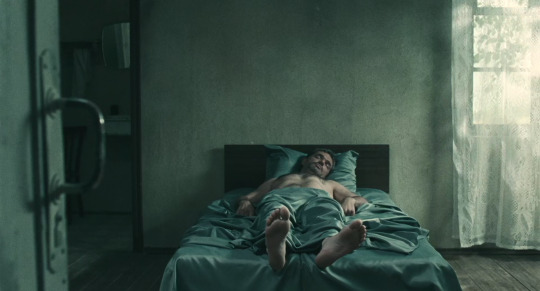
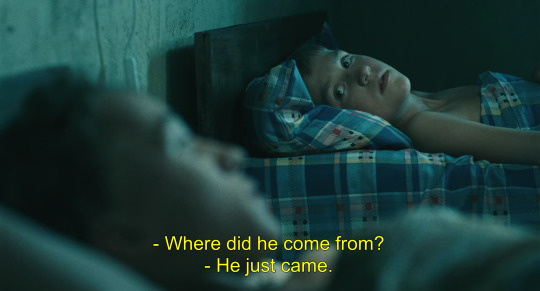
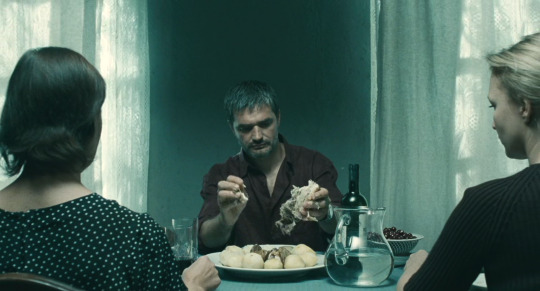
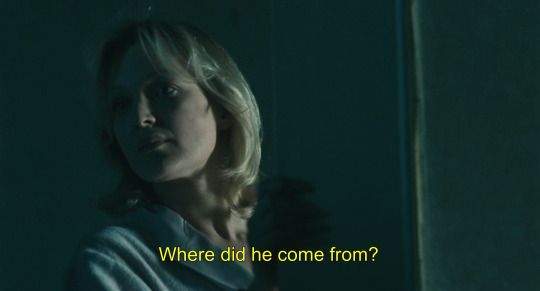

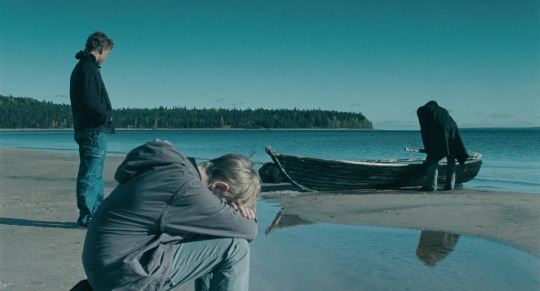
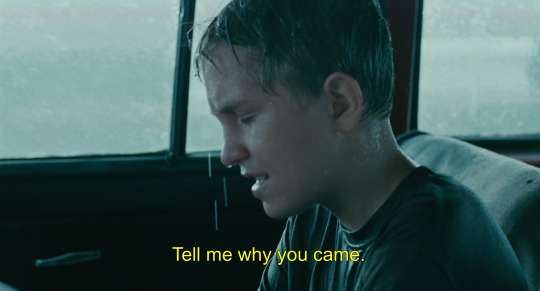
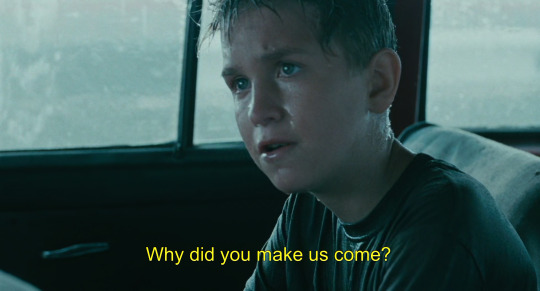
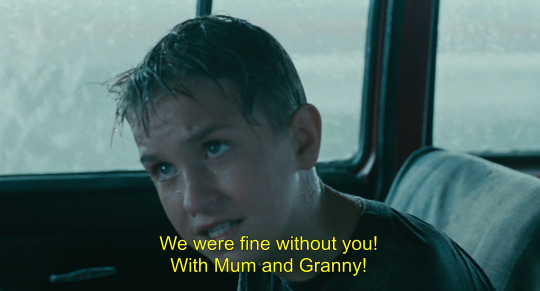
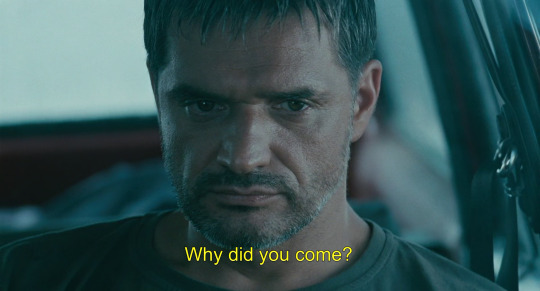

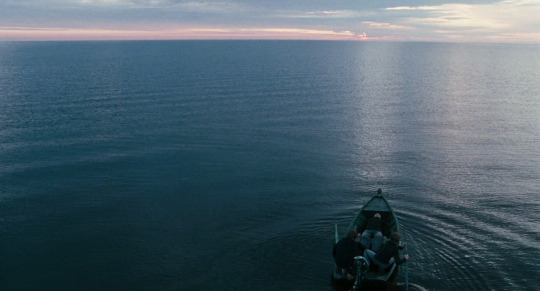
Возвращение, 2003
#drama#Возвращение#the return#vozvrashcheniye#andrey zvyagintsev#vladimir moiseenko#aleksandr novototskiy-vlasov#ivan dobronravov#vladimir garin#konstantin lavronenko#nataliya vdovina#spoilers
12 notes
·
View notes
Text

Vozvrashchenie (2003), Andrey Zvyagintsev.
3 notes
·
View notes
Text
RNZ Pacific 1346 29 Nov 2024
7390Khz 1259 29 NOV 2024 - RNZ PACIFIC (NEW ZEALAND) in ENGLISH from RANGITAIKI. SINPO = 54434. English, s/on w/bellbird int. until pips and news @1300z anchored by Lydia Lewis. § The HMNZS Manawanui grounded and sank off the coast of Samoa as a result of human error, an interim report has found. The Royal New Zealand Navy ship hit a reef on the southern side of Samoa on 5 October while conducting survey operations. Chief of Navy Rear Admiral Garin Golding launched a Court of Inquiry afterwards and has just released its interim findings. "The direct cause of the grounding has been determined as a series of human errors which meant the ship's autopilot was not disengaged when it should have been," Golding said. § China on Friday reiterated its warning to Washington as Taiwanese leader William Lai Ching-te prepares to stop over in the US territories of Hawaii and Guam as he begins his trip to the South Pacific region on Saturday. Emphasizing China’s stance against Lai transiting through the US "under any name or pretext," Foreign Ministry spokeswoman Mao Ning condemned Washington for "condoning or supporting 'Taiwan independence' separatists and their activities in any form," state media reported. Beijing’s statement comes as Lai is set to begin his first overseas trip since being inaugurated in May early this year. § Delegate Gregorio Kilili Sablan officially said goodbye to his constituents in the Commonwealth of Northern Mariana Islands (CNMI) during a townhall meeting last Wednesday on Saipan. § Russian President Vladimir Putin has threatened to strike Ukraine again with a new nuclear-capable ballistic missile following Moscow’s latest widespread attack on critical energy infrastructure. More than a million households in Ukraine were left without power following the overnight bombardment, authorities in the country said Thursday. It’s Russia’s 11th large-scale assault on Ukraine’s energy supplies this year alone, according to the Energy Ministry in Kyiv, a strategy that has caused nationwide rolling blackouts. § Muddy footprints left on a Kenyan lakeside suggest two of our early human ancestors were nearby neighbors some 1.5 million years ago. The footprints were left in the mud by two different species “within a matter of hours, or at most days,” said paleontologist Louise Leakey, co-author of the research published Thursday in the journal Science. Scientists previously knew from fossil remains that these two extinct branches of the human evolutionary tree – called Homo erectus and Paranthropus boisei – lived about the same time in the Turkana Basin. § Sports. @1308z "Pacific Waves" anchored by female announcer. QRM=slight heterodyne. Backyard fence antenna, JRC NRD-535D. 100kW, beamAz 35°, bearing 240°. Received at Plymouth, United States, 12912KM from transmitter at Rangitaiki. Local time: 0659.
0 notes
Text
In Russland hat ein neues Expertenzentrum für Bücher durch seine Empfehlungen erreicht, dass der Großverlag Eksmo-AST den jüngsten Roman von Vladimir Sorokin „Das Erbe“ (Nasledie) sowie zwei aus dem Englischen übersetzte Titel, „Ein Zuhause am Ende der Welt“ von Michael Cunningham und „Giovannis Zimmer“ von James Baldwin, nicht mehr verkauft. Das Zentrum, das in die Verlagsvereinigung „Russische Buchunion“ installiert wurde, besteht aus Vertretern der Medienaufsichtsbehörde Roskomnadsor, der offiziösen Russischen Geschichtsgesellschaft und der Militärhistorischen Gesellschaft, der Russisch-Orthodoxen Kirche, der Geistlichen Organisation Russischer Muslime und anderen Gremien. Seine Experten prüfen, ob Buchpublikationen mit der russischen Gesetzgebung konform sind. Im Fall der Romane von Baldwin und Cunningham dürfte die Thematik von Homosexualität Anstoß erregt haben. Bei Sorokin, der in eine dystopische Zukunft Russlands versetzt, werden zudem Gewaltexzesse geschildert, auch an scheinbaren (freilich zwanzig Jahre alten) Kindern.
AST habe um den im vorigen November erschienenen Roman „Das Erbe“ gekämpft, sagt Sorokin der F.A.Z. am Telefon. Der Verlag habe eine unabhängige Expertise in Auftrag geben wollen. Doch ultranationalistische Organisationen wie die militante Kirchenbewegung „Sorok sorokow“ und die Verfolger kritischer Popmusiker von „Ruf des Volkes“ (Sow naroda), aber auch die den Ukrainefeldzug befürwortende Autorin Olga Uskowa hatten AST wegen des Romans denunziert. Das Innenministerium habe auf den Verlagsleiter Druck ausgeübt, dem er sich schließlich beugte, sagt Sorokin. Immerhin sei die Startauflage von 20.000 Exemplaren fast vollständig verkauft.
„Das Erbe“ vollendet eine Trilogie, die mit dem „Schneesturm“ einsetzte, worin ein Arzt sich in einer mittelalterlich-hochtechnologischen russischen Winterlandschaft verirrt, und von dem unlängst auf Deutsch herausgekommenen „Doktor Garin“ mit dessen weiteren Abenteuern fortgesetzt wird. Im dritten Buch ist Russland in Teilregionen zerfallen, wo Riesen und Zwerge mit normalgroßen Menschen koexistieren, ebenso wie archaische Rituale und Orgien mit Gentechnik und Atombomben. Zerfallen ist auch die russische Sprache, die Figuren reden in einer Mischung aus lokalen Dialekten, Neologismen, Archaismen und chinesischen Lehnwörtern. Eine Verbindung der Regionen stiftet ein transsibirischer Panzerzug, der marodierende Partisanen abwehrt, aber Menschen als Treibstoff verbraucht, die im letzten Waggon umgebracht, zuvor aber noch gefoltert werden. Staatssicherheitsleute sortieren die buchstäblich zu verheizenden Renegaten aus, unter ihnen ein Autor satirischer Gedichte. Assoziationen zu gegenwärtigen russischen Repressionen und Gewaltorgien drängen sich auf, auch etwa wenn ein Heizer mit Vorschlaghammer den Unglücklichen die Köpfe zertrümmert. Der Text dürfte sich daher auch der „Russophobie“ schuldig machen.
0 notes
Text
V
"Vladimir Garin ("
https://boy-actors.com/ABC_list/V.html#:~:text=%E3%81%BF%E3%81%9B%E3%82%8B-,Vladimir%20Garin%E3%80%80%EF%BC%88,-%E3%82%BD%E9%80%A3%E3%80%811987
0 notes
Text








The Return-Andrey Zvyagintsev (2003)
13 notes
·
View notes
Photo

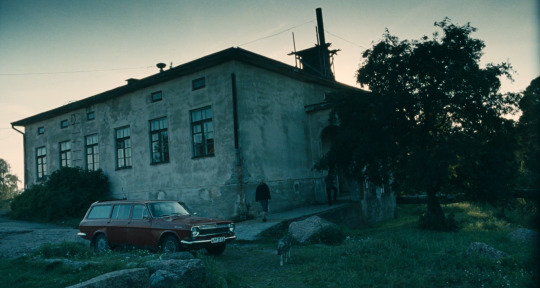
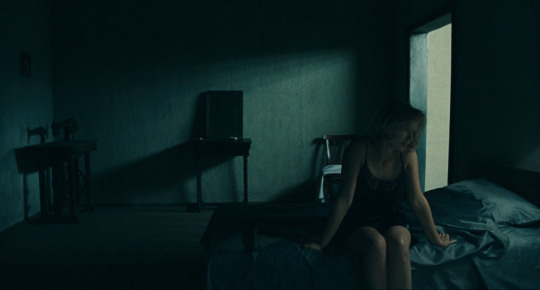

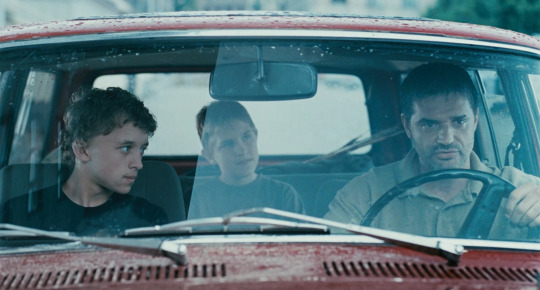
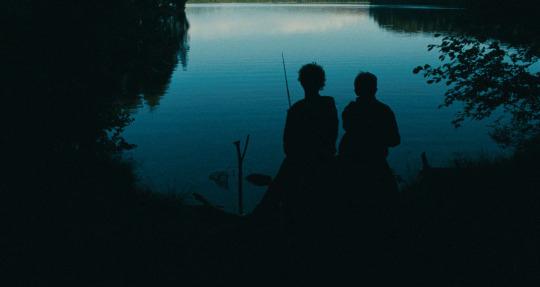

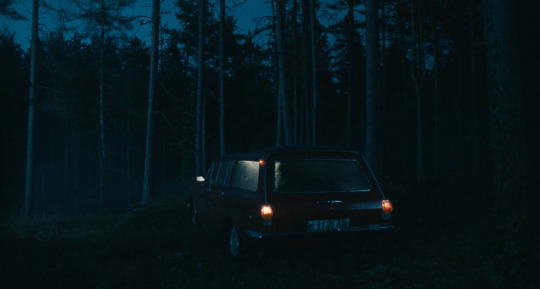
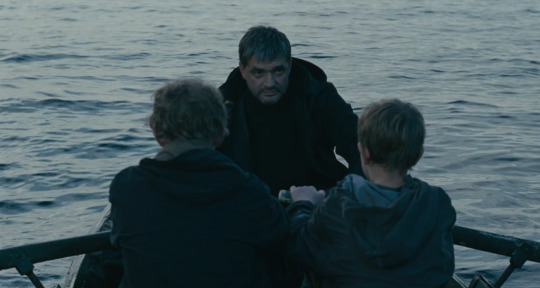
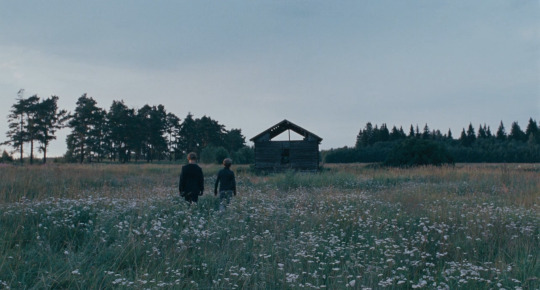
Vozvraščenie (2003)
#film#Vozvraščenie#the return#il ritorno#cinema#russia#Zvjagincev#Natalja Vdovina#Konstantin Lavronenko#Ivan Dobronravov#Vladimir Garin
32 notes
·
View notes
Photo


The Return (Andrey Zvyagintsev, 2003)
23 notes
·
View notes
Photo

Günübirliğine yaşamaktan köreldik, karardık.
Füruzan, Kuşatma Fotoğraf: Andrey Zvyagintsev’in 2003 yapımı, “The Return” (Dönüş) filminden, (Vladimir Garin).
53 notes
·
View notes
Text
400 Words on THE RETURN [2003] ★★★★½

Andrey Zvyagintsev’s The Return is the kind of movie you watch between your fingers as you hold your hands up to your face for protection. Every scene, every shot, every frame drips with the dread of violence—not the violence of a thriller or horror film where you expect someone to die or get hurt, but the psychic violence of abuse and humiliation. The Return plays almost like an ancient mythology where the Sky God’s sons must defeat and usurp their father (e.g. the Hellenistic Cronus, the Semitic El) before they can come into their own rightful power and authority. Yet Zvyagintsev strips his movie of all fanciful folkloric flourishes, preferring Tarkovskian atmospherics and murky pictorial bleakness (this is one of the wettest movies every made—scarcely a scene goes by without swimming or rain). But if Tarkovsky was concerned with metaphysical observations on memory and spirituality, Zvyagintsev is fascinated with power, specifically how it manifests within toxic masculine spaces. The film follows two young brothers, Ivan (Ivan Dobronravov) and Andrei (Vladimir Garin), who come home one day to find that their absent father of twelve years (Konstantin Lavronenko) has unexpectedly returned. When their father—who is never actually named—invites them on a fishing trip to get reacquainted, they tentatively accept. But as their trip continues it slowly devolves into a battle of wills between the three. Andrei, the older brother, seems excited for his father’s return, and bends over backwards to please him. But Ivan, insecure and “unmanly,” goes out of his way to fight back against him. Soon their father starts berating and terrorizing them, and every scene becomes a stand-off to see who breaks first. Even a simply confrontation about finishing one’s soup at a restaurant becomes bowel-chillingly nerve-wracking. Eventually the father’s demands evolve into exercises in cruelty, almost as if he’s hazing them for manhood: consider one scene where he abandons a petulant Ivan by the side of the road and leaves him there in the middle of a thunderstorm, presumably for hours. But more often than not it’s Ivan we’re mystified with, his indomitable will forcing him to goad their increasingly unstable father further and further into mania. Eventually we throw our hands up in wonder—just who is proving their masculinity to whom? Nauseatingly tense, The Return is one of the most auspicious directorial debuts of the new century.
#The Return#★★★★½#2003#Russian Cinema#Andrey Zvyagintsev#Vladimir Garin#Ivan Dobronravov#Konstantin Lavronenko#Film Reviews
9 notes
·
View notes
Photo
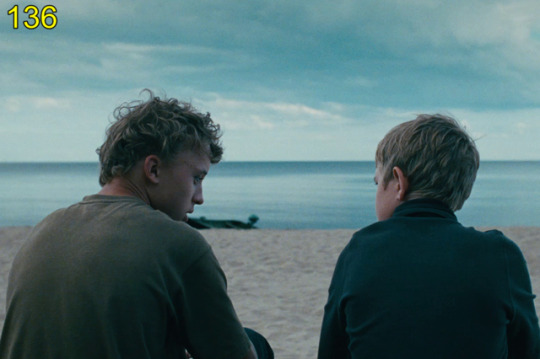
136. O Retorno (Возвращение, 2003), dir. Andrey Zvyagintsev
#cinema#andrey zvyagintsev#vladimir garin#ivan dobronravov#russian cinema#2000s movies#drama#director's debut#brothers relationship#abusive father#traveling#wilderness#coming of age#absent father#boat#island#tragic event#on the road#golden lion winner#césar awards nominee#golden globes nominee#world cinema#cinefilos
2 notes
·
View notes
Text
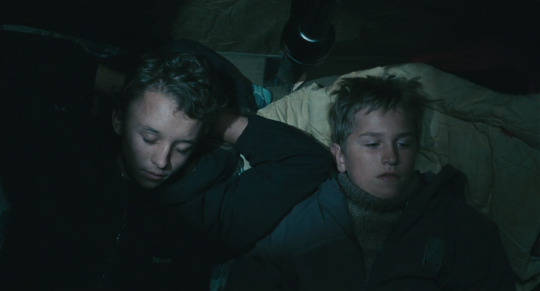

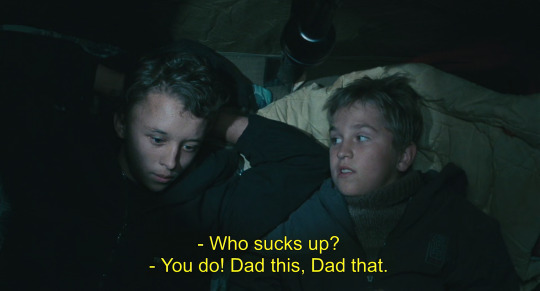
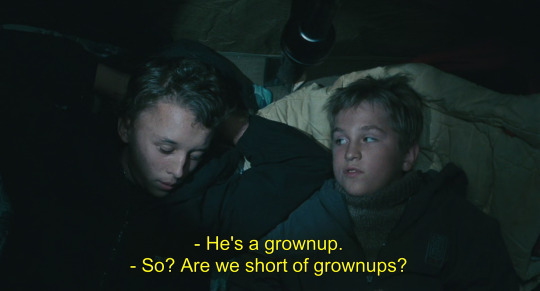
Возвращение, 2003
#drama#Возвращение#vozvrashcheniye#the return#andrey zvyagintsev#vladimir moiseenko#aleksandr novototskiy-vlasov#ivan dobronravov#vladimir garin#approval
2 notes
·
View notes
Photo

#The Return#Vozvrashchenie#Andrey Zvyagintsev#Vladimir Garin#Ivan Dobronravov#Konstantin Lavronenko#Nataliya Vdovina
1 note
·
View note
Photo
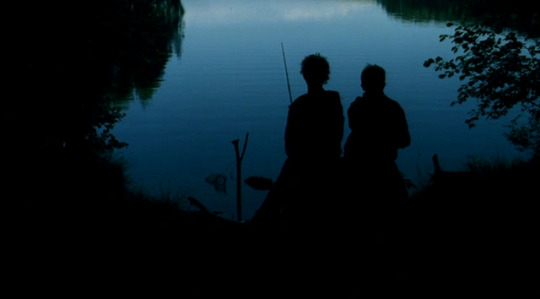


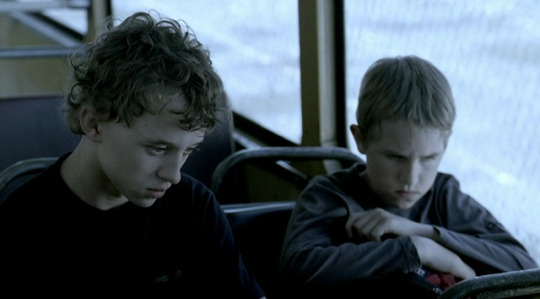
Vozvrashcheniye (The Return)(2003) is the kind of Opera Prima you can’t miss. Andrei Zvyagintsev shows what a return means for these two kids and how the defeating fear isn’t always what we think.
#the return#andrei zvyagintsev#vozvrashcheniye#vladimir garin#Ivan Dobronravov#konstantin lavronenko#imdb#movie review#great movie#recomendación#movie recommendation#in the name of the movies#russia#art#cannes
14 notes
·
View notes
Text
So primal to walk around in the dark in 0°c weather and occasionally stop into supermarkets to get a thing to eat... like a wolf roaming the tundra
18 notes
·
View notes
Photo










The Hyperboloid of Engineer Garin (1965)
#the hyperboloid of engineer garin#aleksandr gintsburg#evgeniy evstigneev#vsevolod safonov#mikhail astangov#vladimir druzhnikov#talks
0 notes